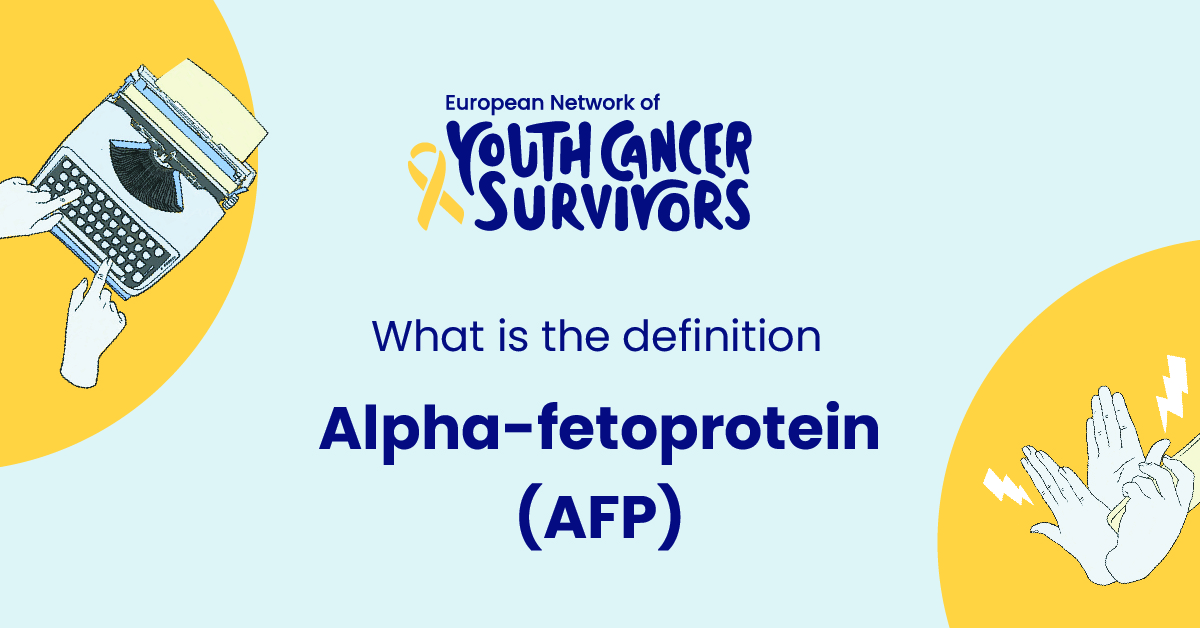
Health and medicine, though vast, are astonishingly intertwined. As we delve into the complexity of the human body, one element stands out for its critical role – proteins. A particularly noteworthy one is Alpha-Fetoprotein (AFP), an often-underestimated protein with significant implications.
Alpha-fetoprotein serves as a biomarker in several health conditions and is especially crucial in disease diagnosis and pregnancy screening. Understanding AFP could be the key to unlock significant medical advancements. This article takes you on a journey through the intricate world of Alpha-Fetoprotein (AFP).
The Science Behind Proteins
Before discussing AFP, it’s essential to understand what proteins are. Formally, proteins are large, complex molecules required for the structure, function, and regulation of your body’s tissues and organs. They are made up of hundreds or thousands of smaller units called amino acids, linked in long chains.
Proteins are much more than the building blocks of our bodies. They facilitate chemical reactions, carry signals between cells, and fight against diseases. Every protein in your body has a unique role that allows your body to function properly.
Definition and Role of Alpha-fetoprotein (AFP)
Alpha-fetoprotein (AFP) is a particular type of protein produced in the liver of a developing fetus. During pregnancy, AFP levels can also be detected in the mother’s blood.
AFP production begins early in fetal development and plays a crucial role in forming the fetus’s organs. After birth, the AFP levels in babies decrease rapidly and remain low throughout life, except in specific medical conditions.
The Medical Significance of AFP
AFP serves a dual function. Firstly, during fetal development, it protects the fetus from the mother’s immune system. This protection extends to the development of the fetus’s brain, heart, and other organs.
Secondly, AFP levels can serve as a diagnostic tool. Abnormal AFP levels can indicate certain health conditions, such as liver diseases, certain cancers, and neural tube defects in unborn babies. Thus, AFP testing forms an integral part of prenatal screening and cancer diagnosis.
AFP Testing
An AFP test is a blood test where a small blood sample is drawn from a vein in your arm. This sample is then analyzed in a lab to determine your AFP level. This test is essential in the detection of various diseases, especially liver cancer.
AFP tumor markers testing is an invaluable tool in the early detection of specific cancers. AFP is produced in large amounts in liver cancer cells. Therefore, an elevated AFP could be suggestive of liver cancer, requiring further examination.
Interpreting AFP Test Results
AFP test results usually come in the form of a numerical value indicating the amount of AFP in your blood. Normal levels in adults are typically less than 10 ng/mL. However, normal values may differ between labs.
In certain situations, higher AFP levels may be detected, indicating potential health conditions. These could range from liver diseases and certain cancers to neural tube defects in unborn babies.
AFP Levels in Pregnancy
AFP screening during pregnancy plays a significant role in prenatal care. It assists in the detection of potential birth defects, chromosomal anomalies, and other conditions in the fetus.
Abnormal AFP results can be alarming for expecting parents. However, it’s crucial to understand that abnormal levels do not necessarily indicate a problem. More precise diagnostic tests would be needed to confirm any disorders or diseases.
Get to know us better
If you are reading this, you are in the right place – we do not care who you are and what you do, press the button and follow discussions live

Conditions Associated with High AFP Levels
High AFP levels are linked to several diseases. These include liver diseases, like cirrhosis and hepatitis, as well as cancers, such as liver cancer and germ cell tumors.
In dealing with high AFP levels, the treatment usually targets the underlying condition rather than the elevated AFP per se. The course of treatment will depend on the diagnosed condition and the patient’s overall health.
Conclusion
AFP, though complex, holds great importance in health and medicine, serving vital roles in fetal development and disease diagnosis. There is still much to uncover about AFP, and continued research promises exciting medical advances.
Here are some FAQs to help further your understanding:
Frequently Asked Questions (FAQs)
- How often should I get checked for AFP levels?
This mostly depends on your medical history and current health condition. Your doctor will recommend the appropriate frequency for AFP testing.
- What health conditions could affect my AFP levels?
Conditions linked to high AFP levels include certain cancers, and liver diseases, and in pregnant women, it may indicate potential birth defects in the fetus.
- Is an AFP screening necessary for all pregnancies?
AFP screening is generally a part of routine prenatal care. However, whether to undergo this screening is ultimately the decision of the expectant parents, guided by the advice of their healthcare provider.
- What is the normal range for AFP levels in a healthy individual?
In healthy adults, AFP levels are typically less than 10 ng/mL. This can vary slightly between labs.
- When would doctors recommend an AFP test?
Doctors would recommend an AFP test if they suspect certain cancers or liver diseases. It’s also used in prenatal screening for genetic disorders and birth defects.








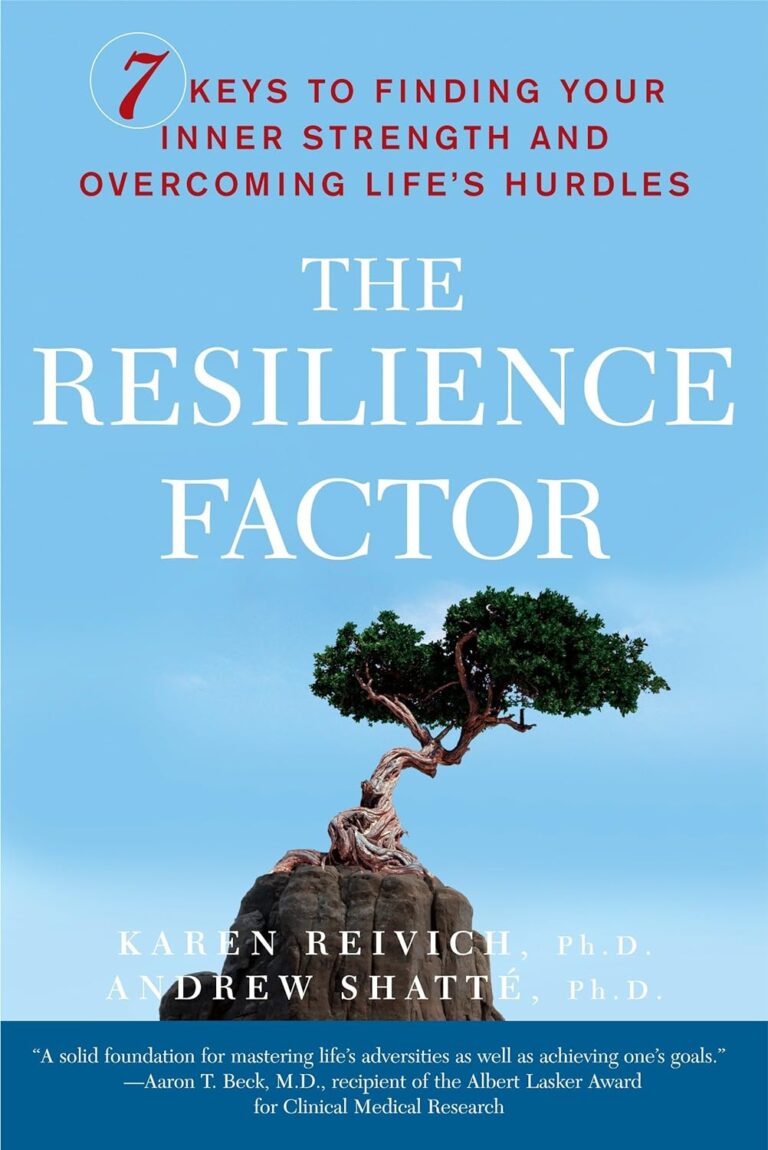

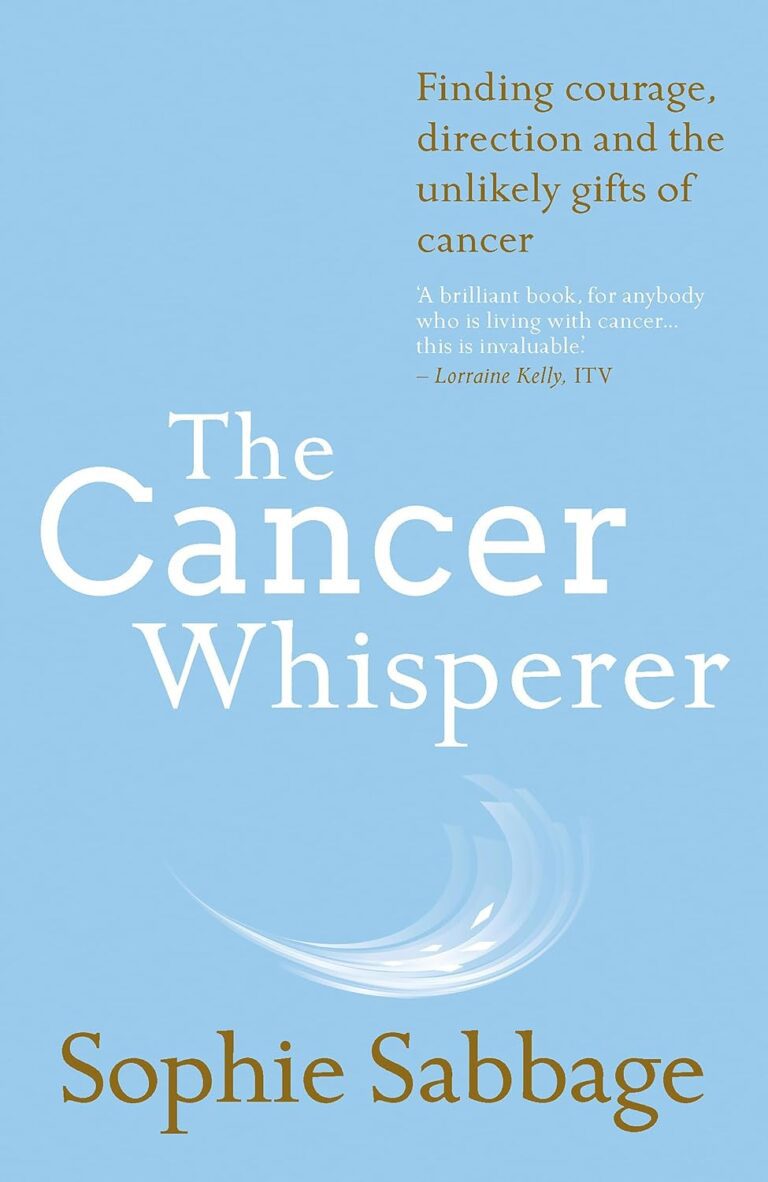
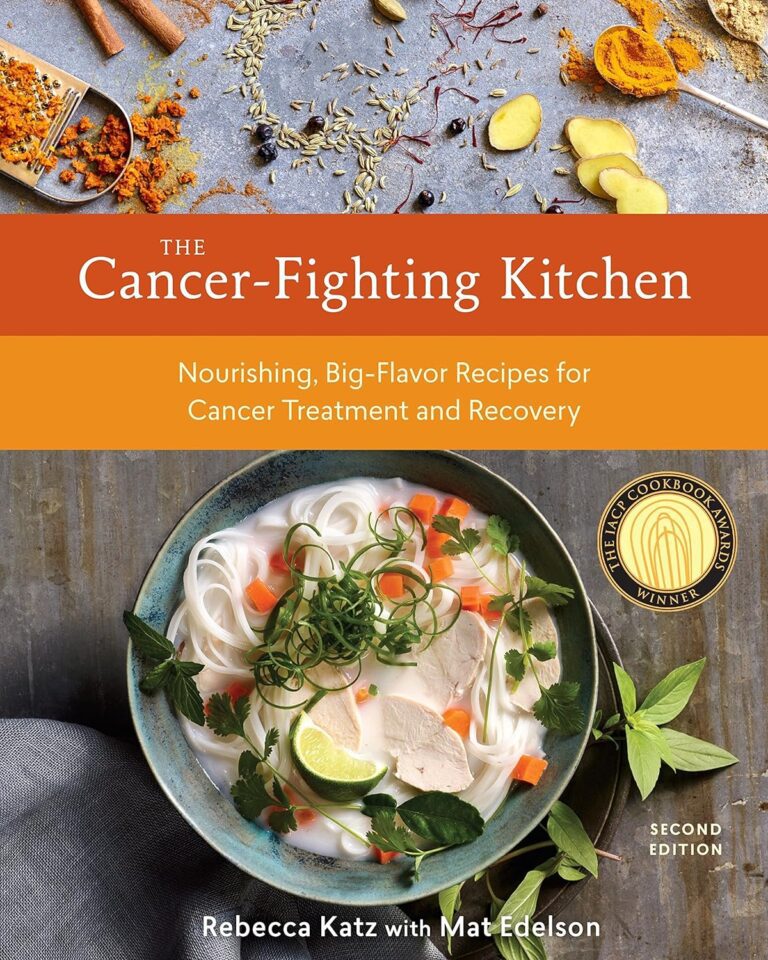
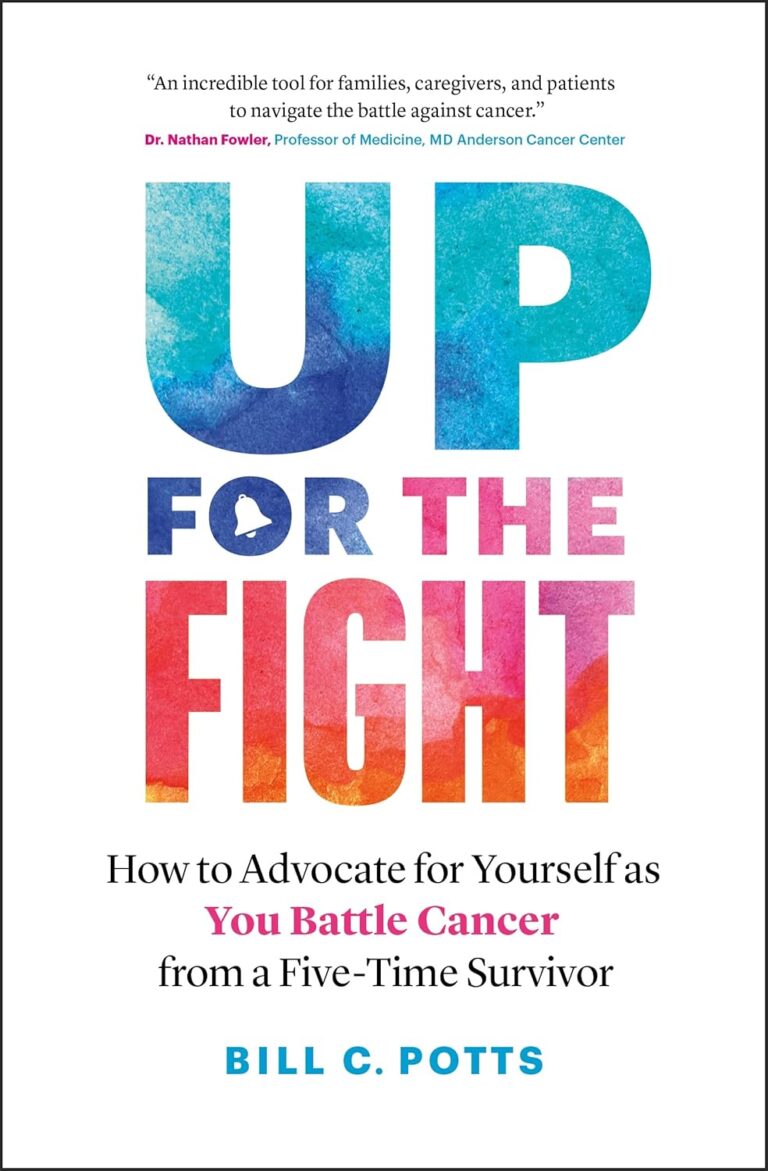




Comments
Thank you. Comment sent for approval.
Something is wrong, try again later